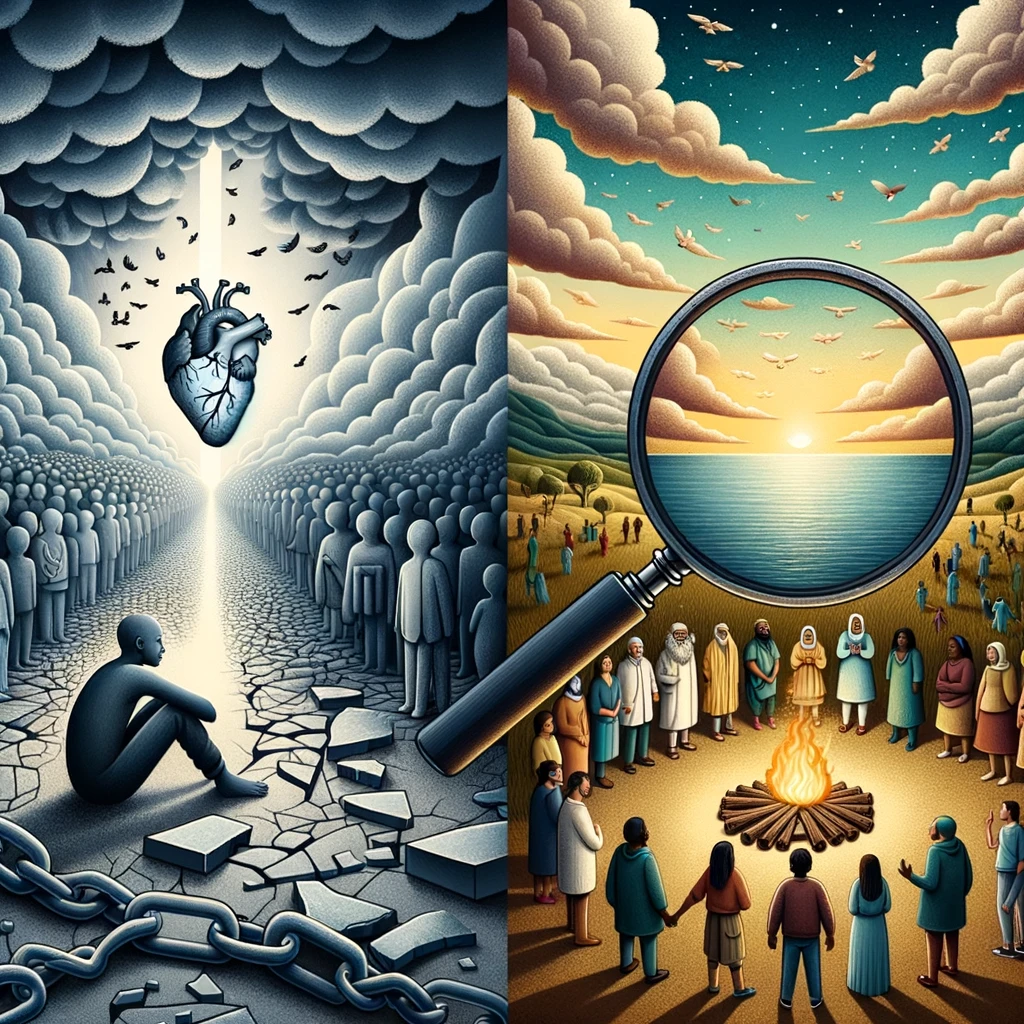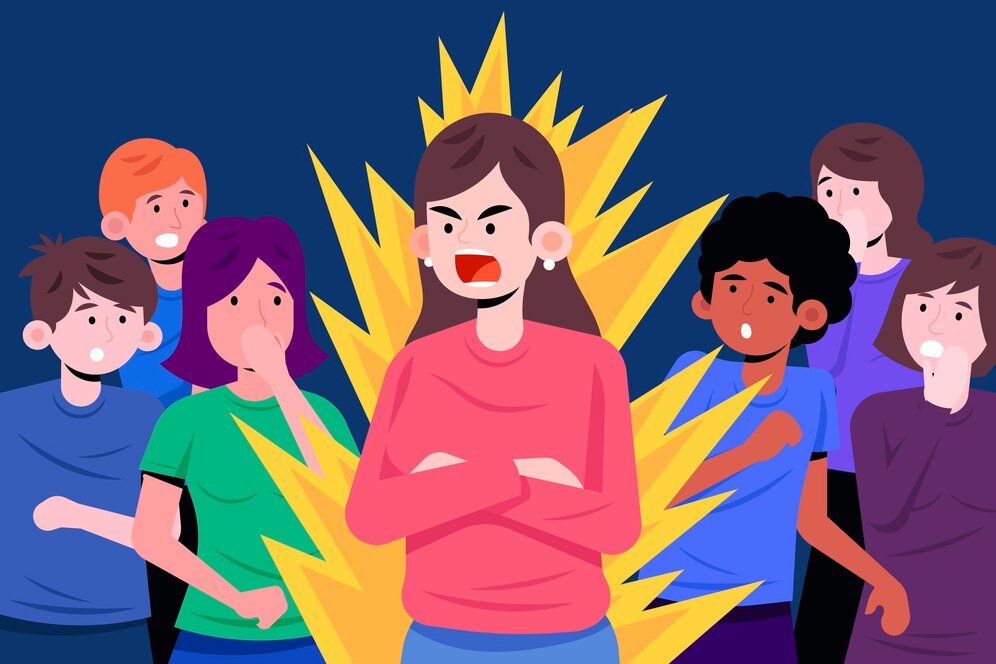In today’s digital age, where every scroll gives us a snapshot of human behavior, it’s not uncommon to encounter feelings of distaste, or even outright dislike for humanity. This sentiment, while age-old, has a name: misanthropy. Let’s unravel this emotion and understand its roots.
Defining Misanthropy
Misanthropy, at its core, is a general distrust or aversion to human beings. But it’s more than just a fleeting feeling of irritation. For some, it’s a deep-seated dislike for humanity, coloring their worldview.
What Sparks this Dislike for Humanity?
The causes of hate or misanthropy can be multifaceted:
- Past Traumas: Negative experiences, especially during formative years, can shape one’s perspective.
- Overexposure to Negativity: In a world dominated by sensationalist news, a barrage of negative information can skew perceptions.
- Societal Influences: Sometimes, societal norms and biases can reinforce or even birth feelings of misanthropy.
The Link Between Depression and Misanthropy
Is there a connection between depression and misanthropy? While not everyone who is a misanthrope is depressed, there’s an undeniable overlap. Feelings of intense dislike or distrust can be symptomatic of underlying mental health issues. Conversely, those with depression might find themselves developing negative views about the world around them.
Constructive Approaches to Misanthropy
Recognizing one’s feelings is the first step. Here are ways to navigate these emotions:
- Engage in Open Dialogues: Understand different viewpoints. The more we know, the less we hate.
- Seek Counseling: A professional can offer tools and coping mechanisms.
- Limit Exposure: If the news or certain platforms amplify your dislike for humanity, it might be time to step back.
The Way Forward: Dealing with Hate
In understanding misanthropy, the question arises: how are we dealing with hate in our lives? The key lies in introspection, open-mindedness, and a commitment to personal growth.

FAQs for Understanding Misanthropy
- What exactly is misanthropy?
- Misanthropy describes a general distrust or aversion towards human beings, often characterized by a deep-seated dislike or skepticism about human nature and society.
- How is our digital age contributing to feelings of misanthropy?
- Our digital age, with its constant stream of news and social media exposure, can amplify negative perceptions of human behavior, leading to reinforced feelings of distrust or aversion towards humanity.
- Can personal traumas lead to misanthropic feelings?
- Yes, personal traumas, especially those experienced during formative years, can significantly shape one’s perspective towards humans, often manifesting as misanthropy.
- How can I distinguish between misanthropy and depression?
- While there’s a potential overlap, misanthropy primarily focuses on a distrust or dislike for humanity, whereas depression encompasses a broader range of symptoms like persistent sadness, loss of interest, and fatigue. However, both can coexist, making professional guidance essential for clarity.
- Are there strategies to cope with or overcome misanthropy?
- Absolutely! Engaging in open dialogues, seeking counseling, limiting exposure to negativity, and emphasizing personal growth are effective methods to navigate and potentially diminish misanthropic feelings.
- Is it common for people in today’s world to feel a general dislike for humanity?
- Given the bombardment of sensationalist news and divisive content, many individuals report heightened feelings of distrust or dislike towards humanity. However, the intensity and manifestation of these feelings vary across individuals.
If you find this article relavent enough then please do share it with others who understand and would get benefited with this.




